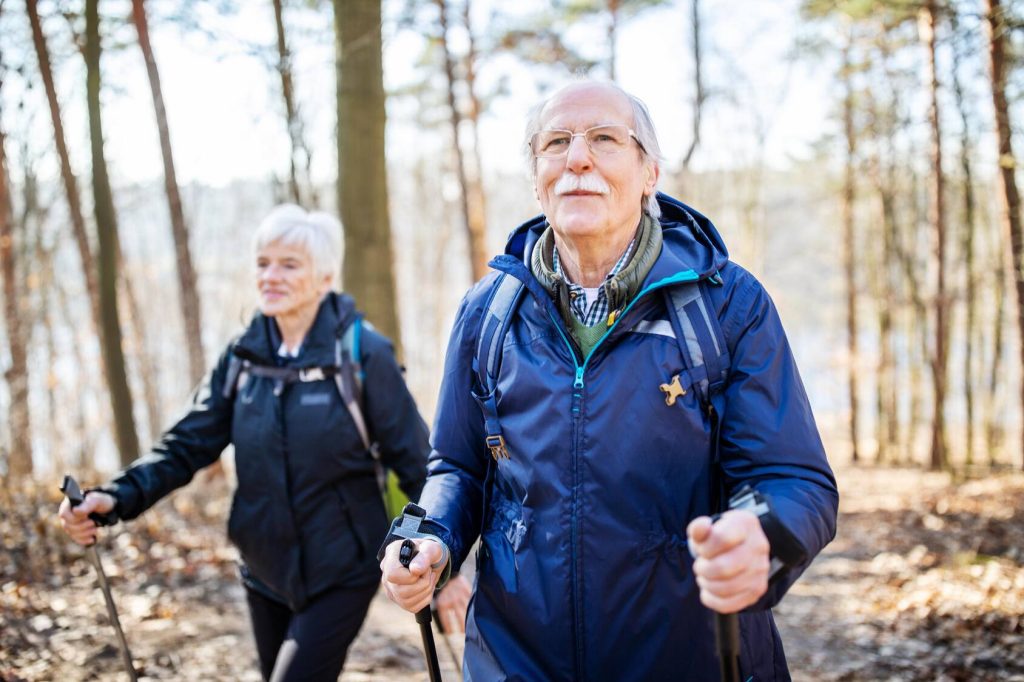-
Cancer
Mayo Clinic Q&A podcast: What happens after colorectal cancer treatment?

While colorectal cancer is still the third leading cause of cancer deaths in the U.S., continuing improvements in screening and treatment mean many people diagnosed with colorectal cancer now can expect to survive long after diagnosis.
The American Cancer Society estimates there are more than 1.5 million survivors of colorectal cancer in the U.S.
But what happens after treatment for colorectal cancer is complete? Do survivors of colorectal cancer return to life as they knew it before their diagnosis?
"I think there are three main things that I see our patients really concerned with when they start thinking about finishing their treatment for colorectal cancer," says Dr. David Etzioni, a colorectal surgeon and chair of the Department of Surgery at Mayo Clinic in Arizona. "The first and biggest concern they have is whether or not their disease will completely go away and stay gone. And this is, I think, a fundamental concern for any patient treated for cancer of any kind."
Dr. Etzioni explains the other two common concerns for survivors of colorectal cancer are how the treatment will affect their day-to-day quality of life, and whether or not they will need an ostomy bag temporarily or permanently.
An ostomy is a surgically created opening in your abdomen that allows waste or urine to leave your body and be collected in a bag or pouch. For survivors of colorectal cancer, this may be temporary to give the colon time to heal. But, depending on the extent of surgery to remove the cancer and the location of the cancer, sometimes a permanent ostomy bag is needed.
Dr. Etzioni says education can alleviate the fears patients have about needing an ostomy bag.
"When I do have a patient who's worried what the bag is and what it might mean for their life — it might be a temporary or permanent bag — we have a lot of educational resources here at Mayo available to them. We often will send them to our osteo nurses, so they can actually try just wearing the appliance before they've undergone the surgery. They can see what it might be like to wear that underneath their clothes," explains Dr. Etzioni.
"We also have a support group that consists of patients who have an ostomy. They discuss with each other what challenges they faced, and they're very supportive with each other. And I have a group of patients who are now with an ostomy who I can call on to reach out to a new patient of mine and talk about what it might mean to live with an ostomy. And that's something that I found to be very effective and can really help patients to get over that hump to accept that possibility for cancer treatment."
Finally, Dr. Etzioni says the support of family, friends and loved ones is an important part of the journey for patients with colorectal cancer.
"The patients who undergo treatment with a strong, consistent, omnipresent support system, they simply do better — not just emotionally, but also just in terms of the ability to tolerate treatment," says Dr. Etzioni. "I think they literally have better medical and surgical outcomes."
On this Mayo Clinic Q&A podcast, Dr. Etzioni discusses what people can expect after colorectal cancer treatment ends, and how to achieve the best possible quality of life.
Watch: Dr. Etzioni discuss colorectal cancer survivorship.
_______________________________
For the safety of its patients, staff and visitors, Mayo Clinic has strict masking policies in place. Anyone shown without a mask was recorded prior to COVID-19 or recorded in an area not designated for patient care, where social distancing and other safety protocols were followed.
For more information and all your COVID-19 coverage, go to the Mayo Clinic News Network and mayoclinic.org.







